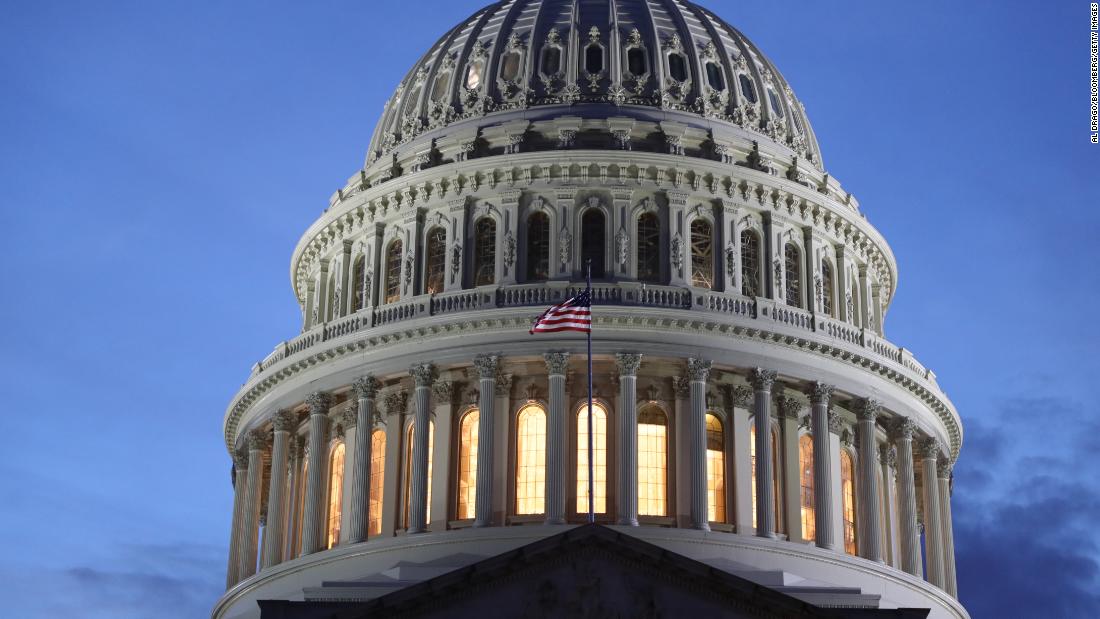
Senate Majority Leader Mitch McConnell announced Thursday on the Senate floor that he spoke with President Donald Trump, and that the President is willing to sign the deal, but also plans to invoke a national emergency. The Senate is about to proceed on a vote on the measure.
"I've just had an opportunity to speak with President Trump. I would say to all my colleagues he has indicated he is prepared to sign the bill. He will also be issuing a national emergency declaration at the same time," McConnell said.
"I've indicated to him that I'm going to support the national emergency declaration. So for all of my colleagues, the President will sign the bill, we will be voting on it shortly," the Senate majority leader said.
The full legislative text of the deal was released just after midnight Thursday paving the way for both chambers to vote on the plan that funds 25% of the federal government including the Department of Homeland Security ahead of a Friday at midnight government funding deadline.
The Senate is expected to vote on the package first, followed by the House later in the day Thursday given two high-profile funerals scheduled for earlier.
House Majority Leader Steny Hoyer told reporters on Wednesday "we hope to pass it by tomorrow night," but explained that votes would not be scheduled prior to 6:30 p.m.
The timeline is due to the fact that many House members are expected to attend funeral services taking place on Thursday for former lawmakers Walter Jones, a North Carolina Republican, and John Dingell, a Michigan Democrat.
A funeral will be held for Jones in Greenville, North Carolina on Thursday afternoon. Separately, a funeral service for Dingell, who announced his retirement from Congress in 2014, will take place Thursday morning in Washington, DC.
The expectation on Capitol Hill has been that President Donald Trump is willing to sign the legislation, despite the fact that it does not meet his request for $5.7 billion in border wall funding. The compromise deal would only provide $1.375 billion for barrier funding.
But while the bill may fall short of what the President has asked for, there is little appetite for another shutdown in Washington -- and key congressional Republicans have been openly pushing for the President to back the legislation.
Two sources who have spoken directly with the President have told CNN that Trump intends to sign the deal to avoid another partial shutdown.
Nothing is final, however, until the President has actually signed off on it. Uncertainty over whether Trump would be willing to accept a deal that does not provide $5.7 billion for his long-promised border wall has loomed over the congressional negotiations process. And there is past precedent for the President deciding seemingly at the last minute to reject a deal to keep the government open because it did not meet his demand for wall funding.
As recently as December, congressional Senate Republicans expressed confidence that the President would sign a stop-gap funding bill to prevent a shutdown, even though it did not provide the President's requested wall funding. But when it came time for the House to take up the measure, the forward momentum abruptly stopped after then-House Speaker Paul Ryan left a meeting with the President and announced that Trump told him he would not sign the bill out of "concerns for border security."
That impasse triggered the most recent partial government shutdown, which set the new record for the longest shutdown in US government history.
This story has been update with additional developments Thursday.
No comments:
Post a Comment